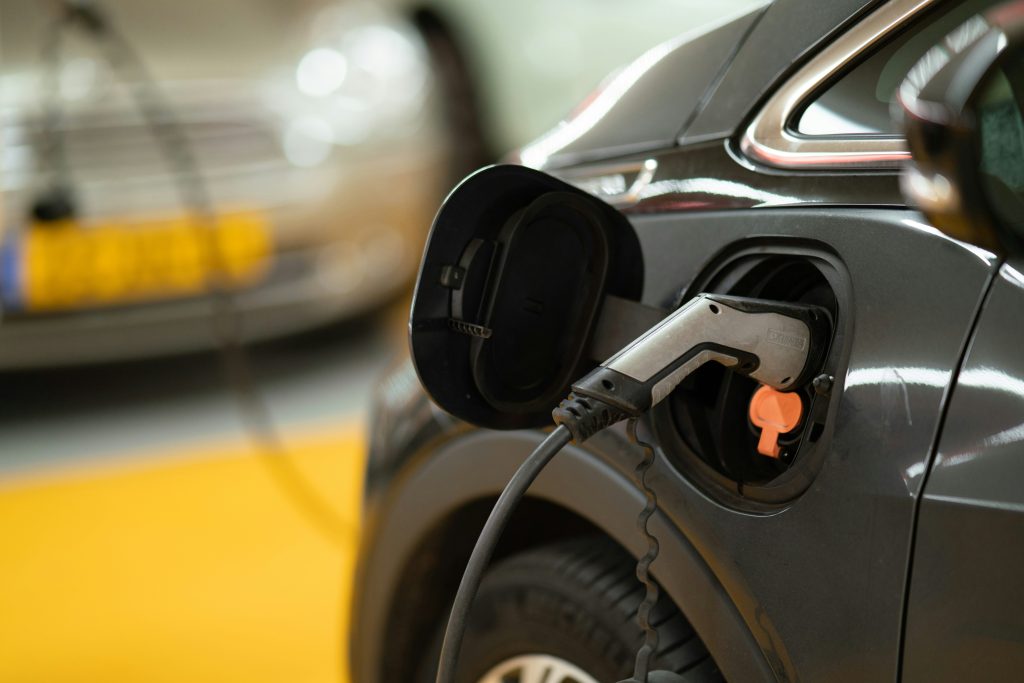Teng Fei, Professor and Deputy Director of the Institute of Energy, Environment and Economy, Tsinghua University
Our team’s research shows that China’s energy methane emissions experienced rapid growth from 2011 to 2013, followed by a decline from 2014 to 2016, and then stabilized from 2016 to 2020. Methane emissions and intensity peaked in 2014, and emissions intensity decreased by 20% from 2014 to 2020. These trends are consistent with the emission dynamics and spatial distribution in the coal and oil and gas sectors.
The temporal shifts in methane emissions from the energy sector are primarily driven by coal methane. Over the past decade, many coal mines have been closed in China. Due to the significantly higher emission factors of closed mines compared to those of active mines, methane emissions from abandoned mines (AMM) far exceed existing research estimates. This increase contributed to the peak in energy-related methane emissions in 2014. Meanwhile, coal production has shifted to regions with lower gas content, such as Inner Mongolia and Xinjiang, resulting in a nationwide reduction in the average emission factor for coal and a subsequent decline in methane emissions and intensity after 2014.
Methane emissions from the oil and gas sector, however, have continued to increase. Between 2011 and 2020, shale gas production increased significantly, and the number of cross-border oil and gas pipelines expanded under the Belt and Road Initiative, resulting in a notable increase in the number of oil and gas facilities in operation. The methane emission intensity of shale gas production is more than twice that of conventional natural gas and is gradually accounting for about 35% of China’s total methane emissions from natural gas. As a result, the average methane emission intensity of natural gas exploration and production increased by 26%. In addition, imported pipeline gas has become the second largest source of methane emissions in the oil and gas sector, with long-distance international transport exacerbating the average emission intensity of pipeline transport.





